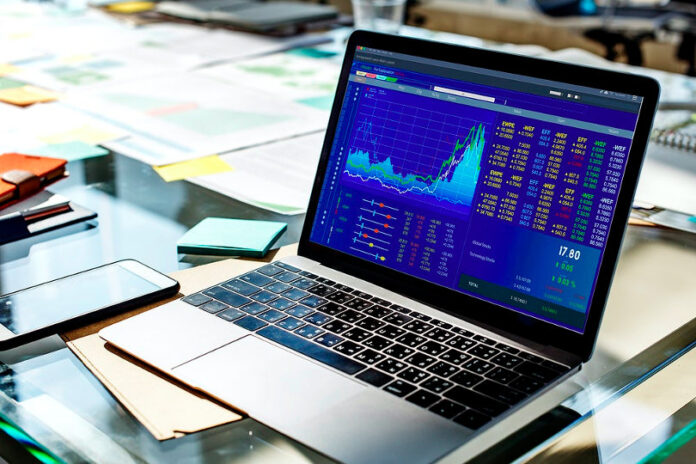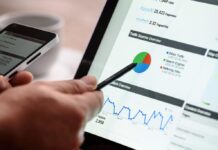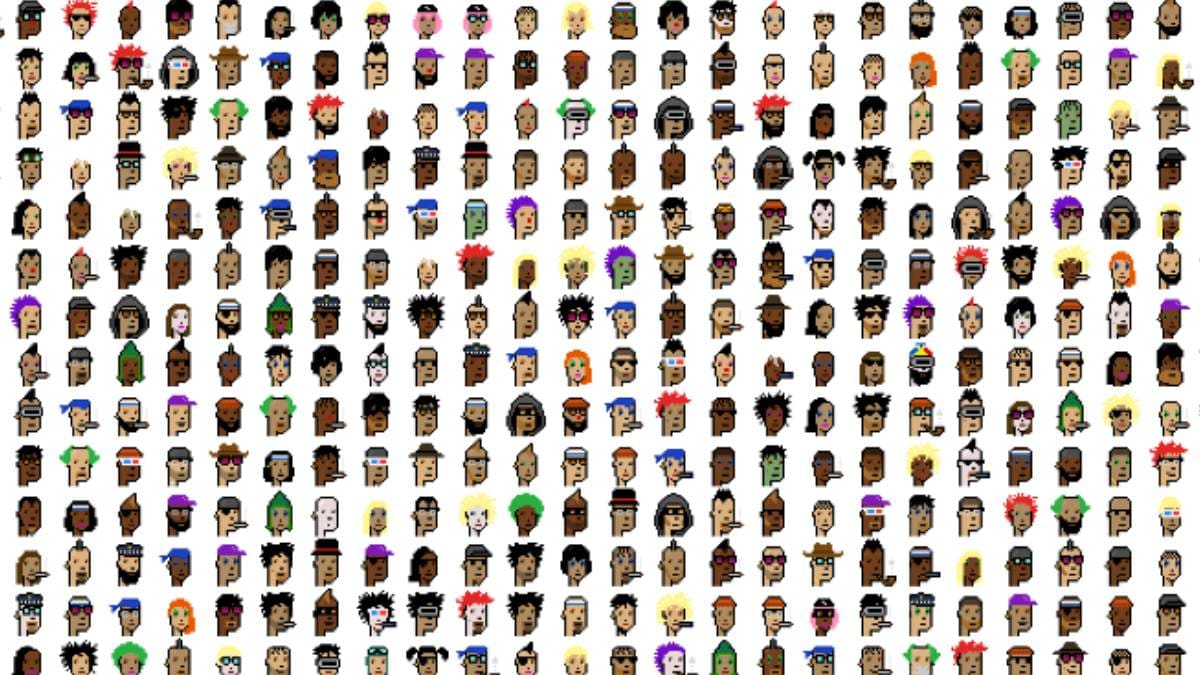If you’re interested in trading foreign currencies, you’ll need to open an account to do so. The practice of FOREX trading is becoming more and more accessible to the general public, and it’s the largest market in the world, which makes it a great way to invest. However, it’s important that you understand some of the intricacies of the market before starting to trade.
In this article, we will discuss some of the basics that you’ll need to know as an investor. We’ll also give you a step-by-step guide for how to open a FOREX trading account. Let’s get started!
Table of Contents
Choosing a FOREX Brokerage
In order to participate in FOREX trading, you’ll need a broker to facilitate your transactions. FOREX trading is a decentralized industry and has minimal regulation, so it’s important to thoroughly research each broker that you’re interested in working with. You can do so by reading about those brokers with the National Futures Association and the Commodity Futures Trading Commission.
Some of the key things to look for when researching potential online FOREX brokers are as follows:
- History of unfair practices
- History of irregular practices
- Lawsuits brought against the brokerage
- Overall reputation of the broker
- Ease of processing payments
Once you’ve established that the broker has a great reputation, you need to take a look at their fee schedule and the services that they offer. There is a huge variation between brokers in terms of fees and services. Some will be very basic and perfect for beginner investors while others will offer more robust services, but also premium fees.
While you’re in the research process, check out the analytics that are available from each potential broker. Analytical services can be a great resource for you to learn more about the market and make more informed decisions as you grow as an investor. The fees for brokers who offer these types of services may be a little higher, but could be well worth it for the education.
Funding an account can become difficult depending on where your located and what type of financial services used. Understanding the payment processing services utilized by a brokerage can play a part in their decision making process. Brokerages with challenging, sporadic or unreliable payment services can become troublesome in the future.
How to Open a FOREX Account
Once you’ve done your due diligence and chosen a broker with a great reputation and services that fit your needs, you can move forward with opening an account. The steps to do so are pretty simple, but might vary slightly from one brokerage to the next. Here is the basic process:
- Got to the broker’s website.
- Review the different accounts available with that broker and choose the one that fits your needs.
- Fill out the online application for that account type and provide all necessary information.
- In most cases, as soon as you submit the application, you will be able to setup a username and password for the broker’s online portal. In other cases, it may take a day or so to be approved.
- Once you have login credentials, login to the online portal for your broker.
- Schedule a transfer of funds from your bank account or credit card into your new FOREX trading account. Be sure to investigate the fees associated their FOREX payment processing You can opt for an ACH transfer, check, wire, credit card and more.
- It may take a couple days for the transfer to be complete. In the meantime, read the articles and information on your broker’s website regarding how to use their platform. Most brokers offer tips and tricks for FOREX trading. It’s important to learn the basics before making your first trade.
- Once your account is funded, start trading!
How Much Money do you Need to Open a FOREX Trading Account?
Every broker is different, so there’s no cut-and-dry answer to this question. Opening an account is subject to a variety of factors that include, but are not limited to the following:
- Minimum deposit determined by the broker
- Minimum balance required in the account
- Your goals as an investor
- How much money you have available for trading
The best place to start is to figure out whether or not your broker requires a minimum for opening an account. Hopefully, you learned this information during your research of each potential broker. In general, most brokers will require between $2,000 – $5,000 to open an account. This is because with any given trade, you could stand to lose or gain quite a bit.
How to Open a Free Demo FOREX Trading Account
If you’re uncomfortable with the idea of diving head-first into FOREX trading, you always have the option to open a demo account and try it out first. There are a variety of service providers who offer a demo account to let new investors get their feet wet before committing. Check out some of the best FOREX demo accounts for 2021 here:
- FOREX
- eToro
- AvaTrade
- easyMarkets
- Plus500
Each of these trading platforms offers a demo account to help you learn the ins and outs of trading before actually investing any cash. They let you use virtual money to practice your skills before ever opening an account with real cash. Their goal, of course, is to make you feel confident in your trading skills and to ultimately open an account with them when you’re ready.
Each of these platforms has a specialty, so it’s good to figure out exactly what your goal is with FOREX trading before making your decision. For example, eToro is known as a social trading platform. That means you can follow the trades of expert investors to learn how they make successful decisions.
AvaTrade is known for giving you a ton of virtual cash to practice with. You can get up to $100,000 in virtual funds with an AvaTrade demo account. This gives you the ability to try a ton of different trades because you have so much cash available to practice with.
FOREX Payment Processing
If you’re on the flip side of the coin and you own or want to start a FOREX trading business, it’s important to think about the payment processing options that are available to you. Some of the key considerations in your payment processing decision are:
- Number of currencies accepted and traded
- Number of countries served
- Transaction fee rates
- PCI compliance
- Fraud detection and protection
- Integration with current systems
Looking for a payment processor for your FOREX business can be a little tricky. Just like researching a broker for your personal trading account, you’ll need to do some research for your business account. You need a processor with banking relationships all over the globe to make it easy for your customers to complete their trades.
You also want a processor who offers secure transactions. The volatility of the FOREX market can often deter potential investors and you want to give them to confidence to trade with you. Being PCI compliant and highly secure is the best way to protect yourself and your customers.
Conclusion
Whether you’re looking to open an account for yourself, or you want to get into the market as a broker, the key to the game is research. Learn as much as you can about the brokers, fees, and accounts that are available to you. Knowing how to fund an account is import since services such as forex credit card processing is becoming harder and hard. Knowledge is always power and the more you have, the better decisions you’ll be able to make.

















